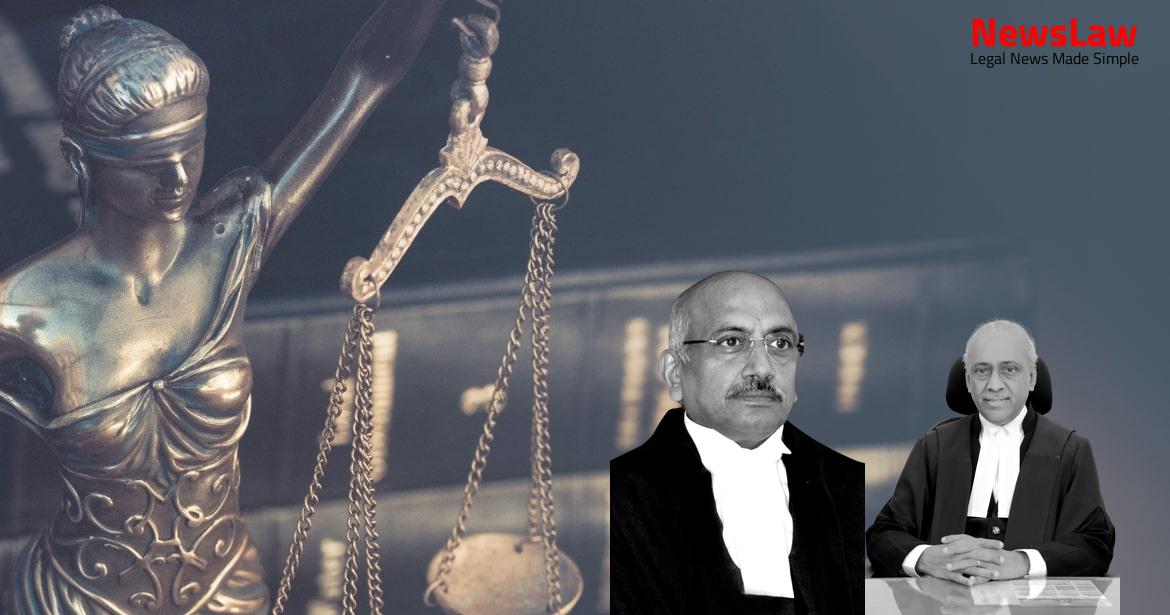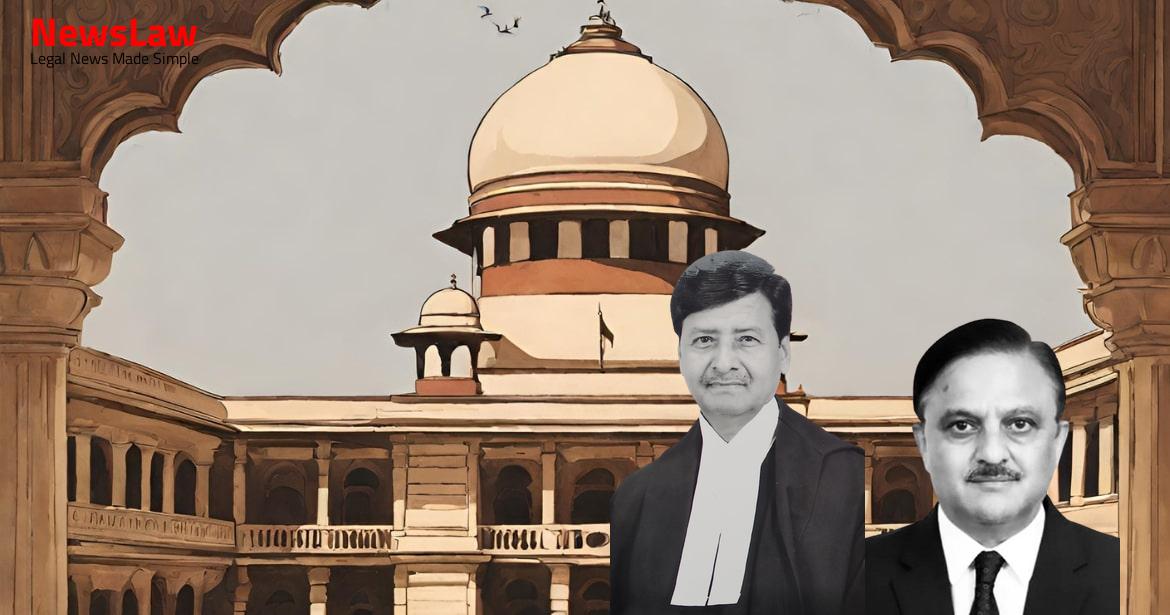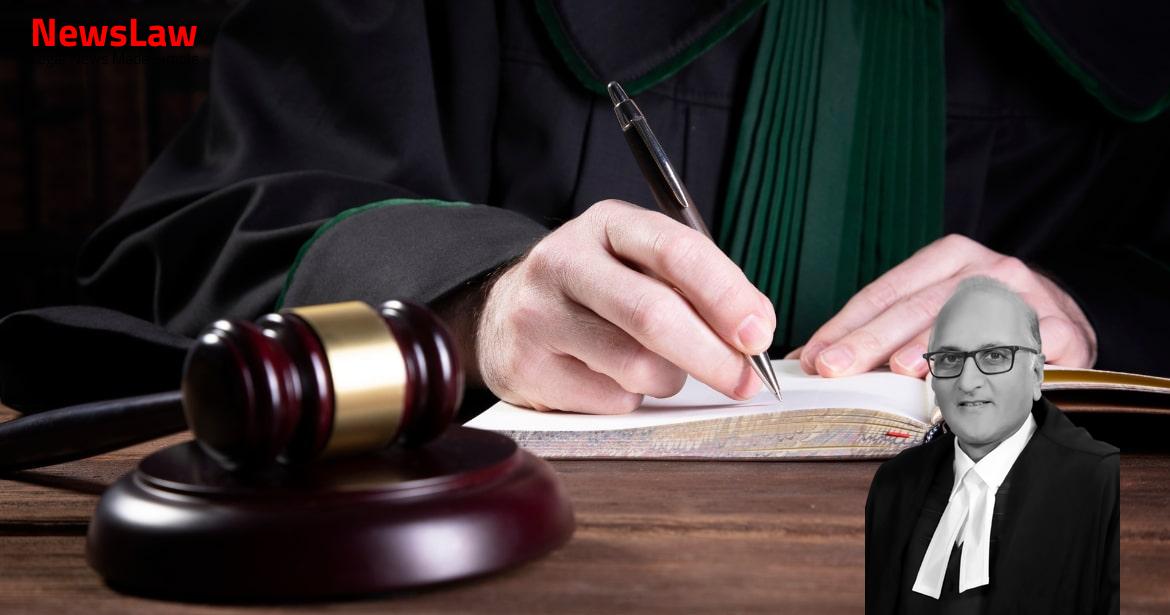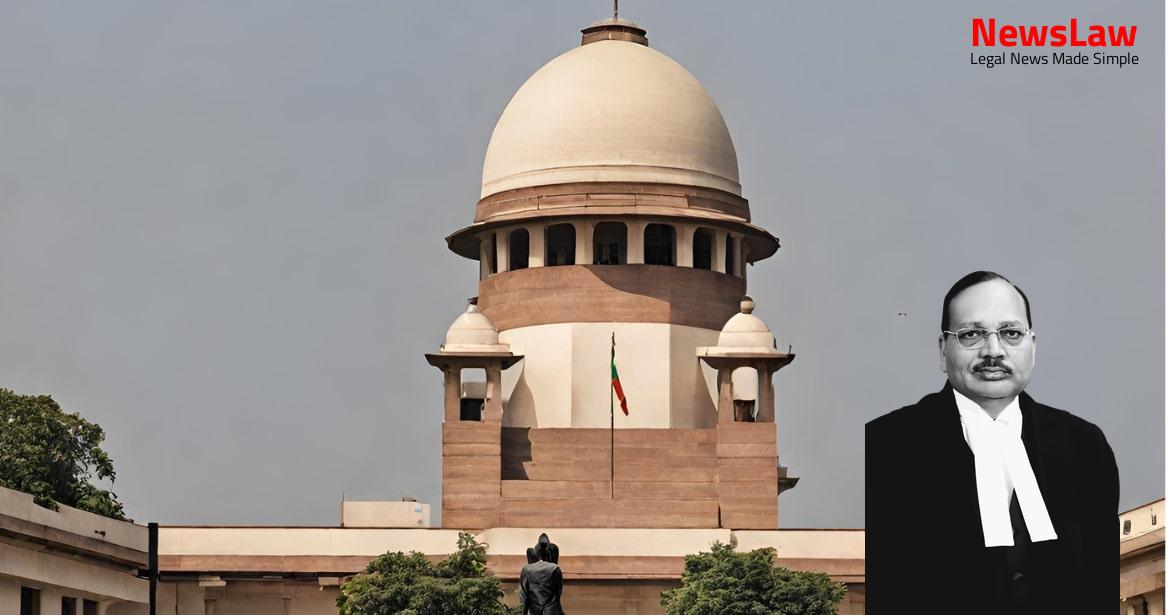The High Court’s in-depth legal analysis in a probate case involving contested Wills sheds light on the importance of following legal standards. By considering factors like mental capacity, fairness of distribution, and the presence of beneficiaries during Will execution, the court made a significant decision. This case showcases how legal scrutiny plays a vital role in probate matters, ensuring the rightful distribution of assets in accordance with the law.
Facts
- The probate granted by the District Court in respect of two last Wills and Testaments, one by the father and another by the mother, was set aside by the High Court in an appeal under Section 384 of the Indian Succession Act, 1925.
- The appellants claimed under the Will that their parents executed the Wills in a sound and disposing state of mind, following the legal requirements.
- Witnesses Mr. M. Dakshinamurthy, an attestor of the father’s Will, and Mr. V. Sivaram, the scribe of the same Will, were examined in support of the Will’s validity.
- Adhilakshmiammal, the testatrix of the unregistered Will (Exhibit P-1) dated 30.01.1995 was suffering from ailments prior to the execution of the Will.
- The District Court granted probate of both the Wills dated 30.01.1995 and 10.12.1998 despite the challenges raised by the daughter and other son of the testators.
- The High Court allowed the appeal against the judgment of the Probate Court, citing suspicious circumstances surrounding the execution of the Wills.
Also Read: Undisclosed Conviction for Dharna Under Police Act Leads to Overturned Election
Analysis
- The Court does not consider fairness of distribution in a Will, only mental ailments can raise suspicion.
- Exclusion of daughter from bequest and lack of mention of payment dates are crucial.
- The presence of first appellant during Will execution is noted.
- Signatures on different pages and style differences raise suspicion.
- The delay in seeking probate was justified and not suspicious.
- High Court’s inference about testator’s failure to ensure daughter’s presence has no legal basis.
- Contradictions and lack of knowledge about registration dates created suspicion.
- Inconsistencies were overlooked by High Court leading to unjustified conclusions.
- Mention of daughter’s daughter in both Wills helps dispel suspicions.
- Failure to disclose ailments is not a ground for suspicion.
- Fabrication on blank papers would have negated need for mention in father’s Will.
- Original court found no suspicion in highlighted circumstances and granted probate.
- Reference to recent decision of the Court in Kavita Kanwar vs. Mrs. Pamela Mehta and Ors.
- Court referred to previous decisions like H. Venkatachala Iyengar vs. B.N. Thimmajamma.
- Cases with created suspicion involve disputed signature or questioned mental capacity of the testator.
- Previous decisions in Kavita Kanwar case listed circumstances indicating lack of sound mind of the testator as suspicious.
- The High Court failed to consider a crucial aspect of the case
- The High Court analyzed the Wills with suspicion instead of applying the appropriate legal standards
- Due to this oversight, the judgment of the High Court cannot be supported
Also Read: Critical Analysis of Legal Principles in a High-Profile Criminal Case
Decision
- The impugned judgment of the High Court is set aside.
- The Judgment of the Principal District Court, Vellore granting probate of both the Wills, is restored.
- No order as to costs.
- The appeal is allowed.
Also Read: Interpretation of Stamp Duty Provisions
Case Title: SWARNALATHA Vs. KALAVATHY (2022 INSC 372)
Case Number: C.A. No.-001565-001565 / 2022



